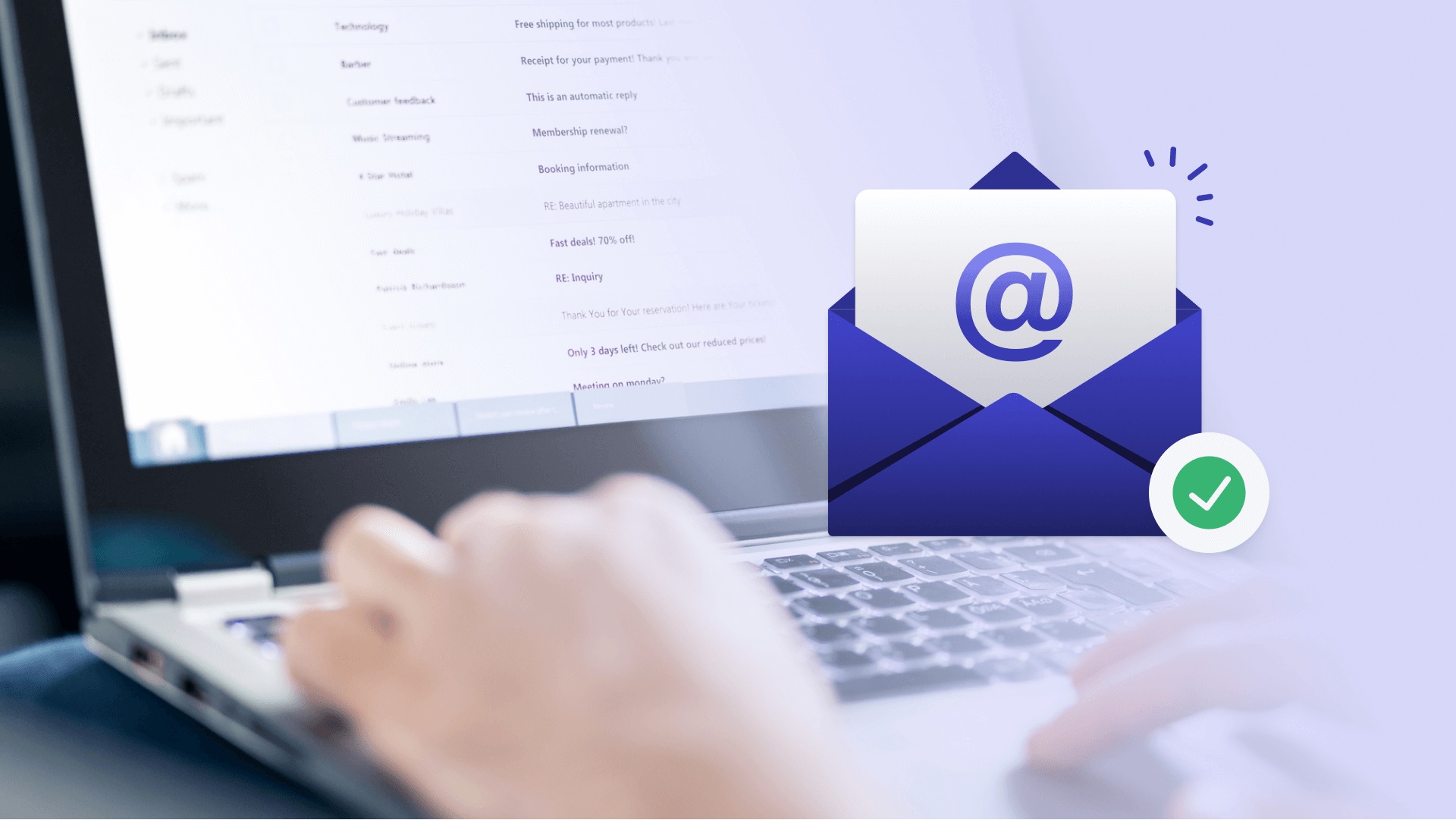
Email has become an essential means of communication in our digital age. From personal messages to professional correspondences, email serves as a primary channel for staying connected. However, the reliability of email communication hinges on the accuracy of email addresses. This is where the importance of email validation comes into play.
Also check: email address existence checker
Email validation involves confirming the genuineness and ability to receive messages of an email address. It involves checking if an email address is correctly formatted, exists, and can receive messages. This validation process helps prevent issues such as bounced emails, spam, and fraud, ensuring efficient and secure communication.
One of the fundamental aspects of email validation is checking the format of an email address. An email address follows a specific structure: [username]@[domain].[extension]. Validation algorithms analyze whether an email address adheres to this structure, detecting any typos, missing elements, or invalid characters.
Another important aspect of email validation is verifying the existence of the domain associated with the email address. This involves checking if the domain is registered and configured to accept emails. If the domain doesn’t exist or is inactive, sending emails to addresses with such domains would result in bounces or delivery failures.
Additionally, email validation checks whether the email address belongs to a disposable or temporary email service. These services provide short-lived email addresses often used for temporary registrations or spamming purposes. By filtering out such addresses, email validation helps maintain the integrity of mailing lists and prevents spam.
Moreover, email validation includes a process known as mailbox validation. This involves contacting the mail server associated with the email address to ensure it can receive messages. By simulating the sending of an email and analyzing the server response, validation services determine the deliverability of the email address.
The benefits of email validation are manifold. Firstly, it improves communication efficiency by ensuring that messages reach their intended recipients without bouncing back. This helps maintain professional credibility and fosters trust with clients, customers, and contacts.
Secondly, email validation safeguards against spam and fraudulent activities. By filtering out invalid or suspicious email addresses, businesses can mitigate the risk of phishing attacks, malware distribution, and other malicious activities.
Furthermore, email validation contributes to data quality and accuracy. Clean and validated email lists enhance marketing campaigns, customer engagement, and overall data management processes. It prevents wasted resources on sending emails to nonexistent or inactive addresses.
In conclusion, email validation is a critical process for ensuring the accuracy, deliverability, and security of email communication. By verifying email addresses, checking their format, validating domains, and confirming mailbox existence, email validation helps businesses and individuals maintain efficient, reliable, and secure communication channels. Embracing email validation practices is essential for enhancing communication effectiveness, protecting against spam and fraud, and maintaining data integrity in today’s digital landscape.
